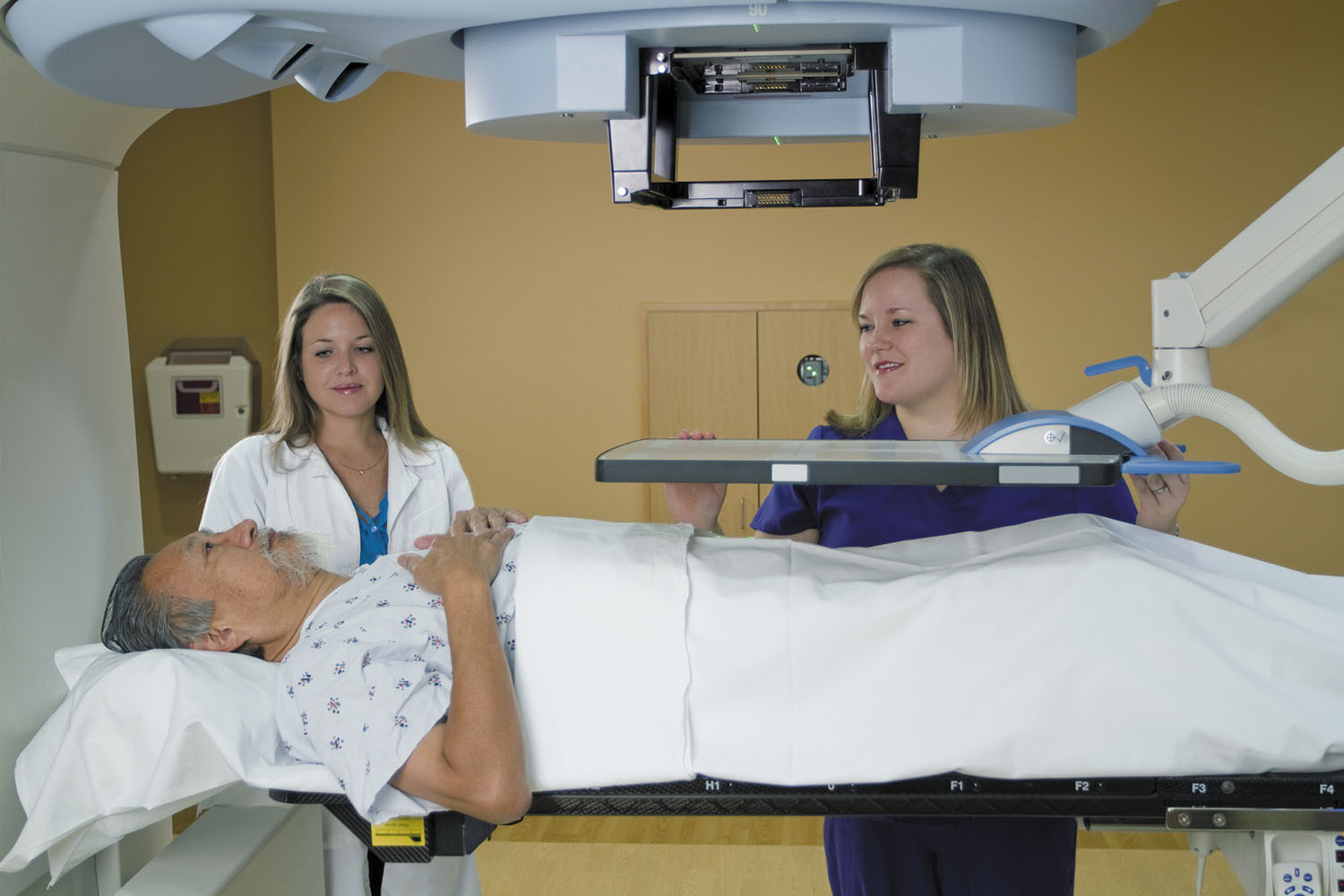
What are somatic workouts?

How to curb your stress eating

How to spot Parkinson’s disease symptoms

8 simple ways to reduce ultra-processed foods in your diet

Heart failure symptoms in women: How they’re different

GERD diet: Foods to avoid to reduce acid reflux

Strong is the new skinny

Everyday habits that sneakily weaken your bones

Don’t wait to get help for back pain

Correcting how you walk may ease osteoarthritis knee pain
Medications Archive
Articles
Cardiovascular safety from prostate cancer drugs remains uncertain
Worldwide, over one million men are diagnosed with prostate cancer every year, and half will be given androgen deprivation therapy at some point. Whether certain types of this therapy are safer for the heart than others is an important question that is being studied, but the results from the first such trial were inconclusive and disappointing.
A new treatment for obesity
A new medication for the treatment of obesity has been approved by the FDA, and it received significant media attention in the months leading up to its approval. A high-dose injectable hormone, it already existed in a different form as a treatment for type 2 diabetes, but in this form and dosage it has advantages over other available weight-loss medications, as well as its own potential risks.
Statins have no apparent link to cognitive problems or dementia
What could be causing my hand to shake?
Essential tremor causes involuntary shaking, most often in the hands, head and voice. It may be an inherited condition and is different from another well-known tremor disorder called Parkinson's disease. There is no cure, but symptoms can be managed through medication and lifestyle changes.
Who needs hormone therapy for prostate cancer?
5 tips to help you age well
Growth hormone, athletic performance, and aging
Some men use growth hormone as an anti-aging treatment, even though it is illegal to market it for this purpose. Studies of test subjects who took growth hormone found a high incidence of side effects such as joint pain and carpal tunnel syndrome.
The endocannabinoid system: Essential and mysterious
Though recently discovered, the endocannabinoid system regulates and controls many of our critical bodily functions. Researchers are investigating the ECS's role in learning and memory and in hunger, hoping that these avenues of research may lead to new drug discoveries.
New treatment for pericarditis approved

What are somatic workouts?

How to curb your stress eating

How to spot Parkinson’s disease symptoms

8 simple ways to reduce ultra-processed foods in your diet

Heart failure symptoms in women: How they’re different

GERD diet: Foods to avoid to reduce acid reflux

Strong is the new skinny

Everyday habits that sneakily weaken your bones

Don’t wait to get help for back pain

Correcting how you walk may ease osteoarthritis knee pain
Free Healthbeat Signup
Get the latest in health news delivered to your inbox!
Sign Up











